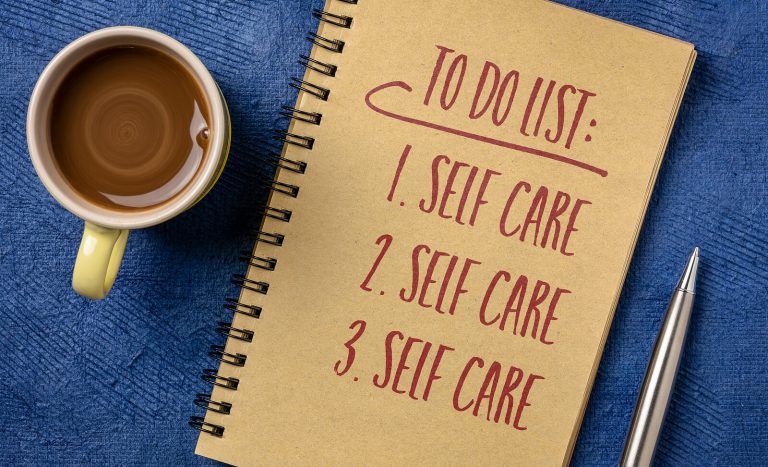Help For Depression: The Role of Omega-3
Depression is debilitating for many people. There are times you have to fight to get out of bed in the morning or get through the day. Depression takes the joy out of the activities you used to love. For those of you who struggle with depression, I want to share about a book I read a few years ago called Depression Free Naturally by Stephen S. Ilardi. I love this book because it takes a holistic approach to treating depression called the Therapeutic Lifestyle Change. According to the book there are 6 things you can do to naturally alleviate depression:
- Adjust your ratio of omega-3 to omega-6 fats
- Change what you are thinking about
- Exercise
- Spend time outside
- Get socially connected
- Get good sleep
Over the last 15 years I have spent much time counseling those who struggle with depression. I read research on what works to help with depressive symptoms, and these 6 activities tend to be effective. To be honest, the 6 strategies in the Therapeutic Lifestyle Change describe strategies of healthy living for all of us. Each strategy is important to create a healthy life. Unfortunately, when depressed the energy to make any changes in life feels insurmountable. I recommend trying to implement one new habit at a time. If you take on too much it is easy to overwhelmed. Overwhelm sets you up for failure and feeling even worse than when you started.
The first component of the Therapeutic Lifestyle Change is adjusting your ratio of omega-3 to omega-6 fats. Omega-3 fats are found in leaves of plants, grasses, and algae. The meat of animals who eat plant seeds, nuts, grasses, and algae have high Omega-6. Examples are foods such as wheat, corn, rice, barley, etc.
Omega-6 in the meat we consume increase when livestock eat seeds instead of leaves. In addition, Omega-6 is in oil you use made from seeds (corn oil, canola oil, soybean oil, sunflower oil, etc.). These oils are in most of the fried and processed food you eat. Due to the change in our diet most people currently have a 16 to 1 omega-6 to omega-3 ratio, whereas we feel healthier with a ratio closer to 1 to 1. Serotonin and dopamine are impacted in the brain when omega-3 intake is too low and omega-6 intake is too high. In addition, too much omega-6 promotes inflammation throughout our body. Inflammation contributes to depression along with many different health problems.
What can we do about this????? Research indicates EPA (eicosopentaenoic acid) is the most important omega-3 molecule for combating depression. EPA can be taken in pill form and is therapeutic when 1000 to 2000 mg are taken per day. The ratio of EPA to DHA is most therapeutic when it is a 2 to 1 ratio. When you go to the store you can look at the label on Omega-3 capsules to see the amount and ratio of EPA to DHA. In addition, the label should say the oil is molecularity distilled. Work on balancing Omega-3 and Omega-6 in your diet by removing processed and fried foods from your diet and eating more fresh veggies and grass fed lean meats, chicken, and fish.
Click here to read about help with depression for adults. Click here to read about help with depression for kids and teens. You can sign up for our email list. You can also Like us on Facebook to get information on mental health. If you would like to work with a counselor, give us a call at 720-583-9332. It is important that you get help if you are depressed!
*Information in this post is from The Depression Cure: The 6-Step Program to Beat Depression Without Drugs by Stephen Ilardi, PhD.
Two other great books on how diet effects our brains is Grain Brain and Brain Maker by David Permutter, MD.
Disclosure: I am not a medical doctor and before taking any supplements you are advised to talk with your doctor.
Written By Dr. Steffanie Stecker
Schedule an Appointment
We believe in an integrative and holistic approach to help you make the changes you want. Contact us now to schedule an appointment or to request a 20 minute free phone consultation. During this session, you will be invited to share your story and ask any questions you may have.
Recent Articles
Now Serving South Denver: Mountain Vista Psychology Opens New Location for Counseling, Neurofeedback & Testing
To The Wonderful Mountain Vista Psychology community: We have some exciting news to share: We are Growing and Excited to…
ADHD Testing: How Women Are Underdiagnosed and Misunderstood
Attention-Deficit/Hyperactivity Disorder (ADHD) is one of the most widely discussed and most commonly diagnosed disorders today. ADHD is more than…
What Does Self-Care Look Like in Motherhood
Motherhood can be a beautiful, transformative journey, but it is also exhausting, overwhelming, and often self-sacrificing. Somewhere between diaper changes,…
How Online Therapy Can Support Busy Mom Schedules
Motherhood is beautiful, but it is also exhausting, isolating, and overwhelming at times. So, let us just say it out…





